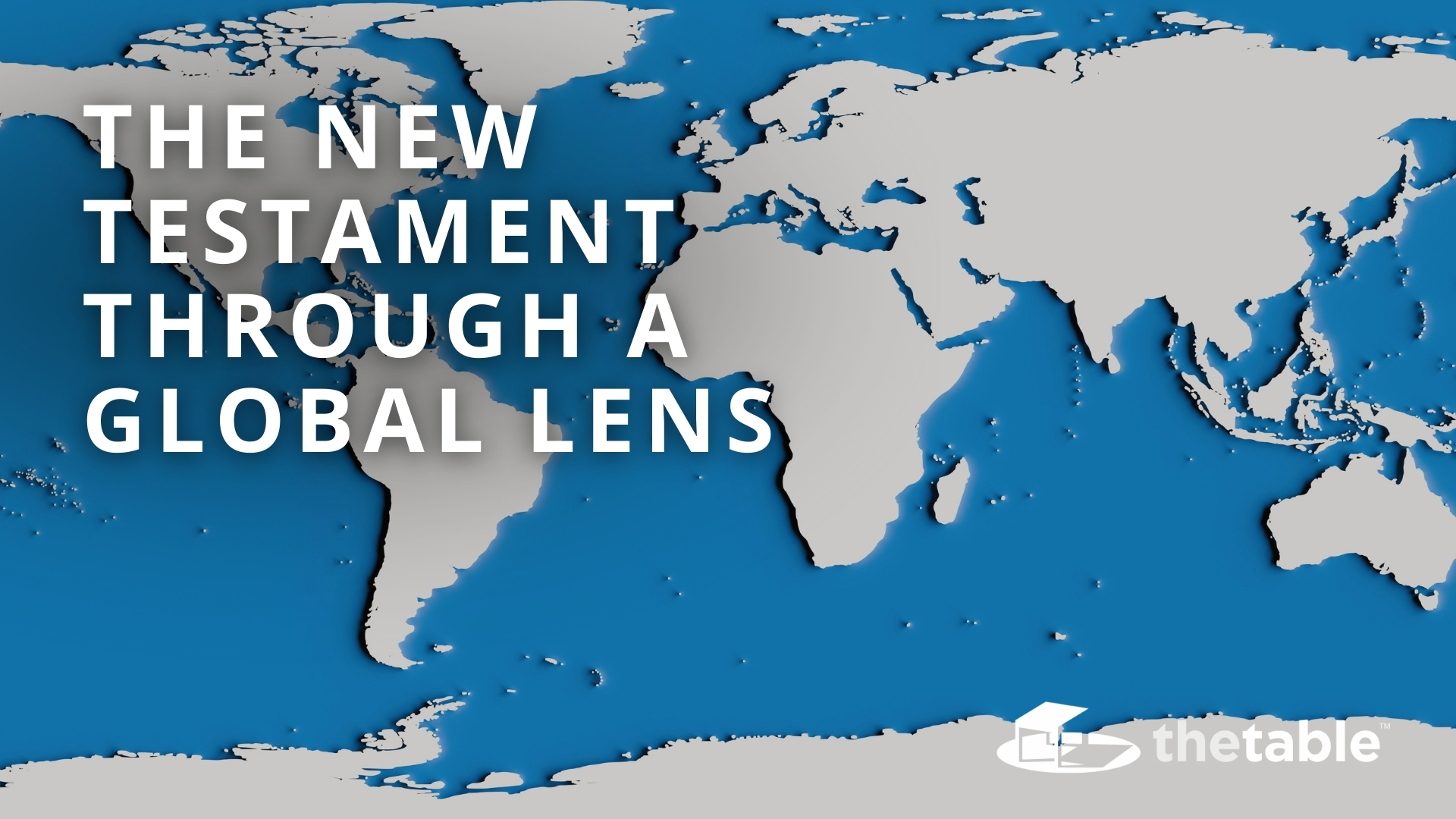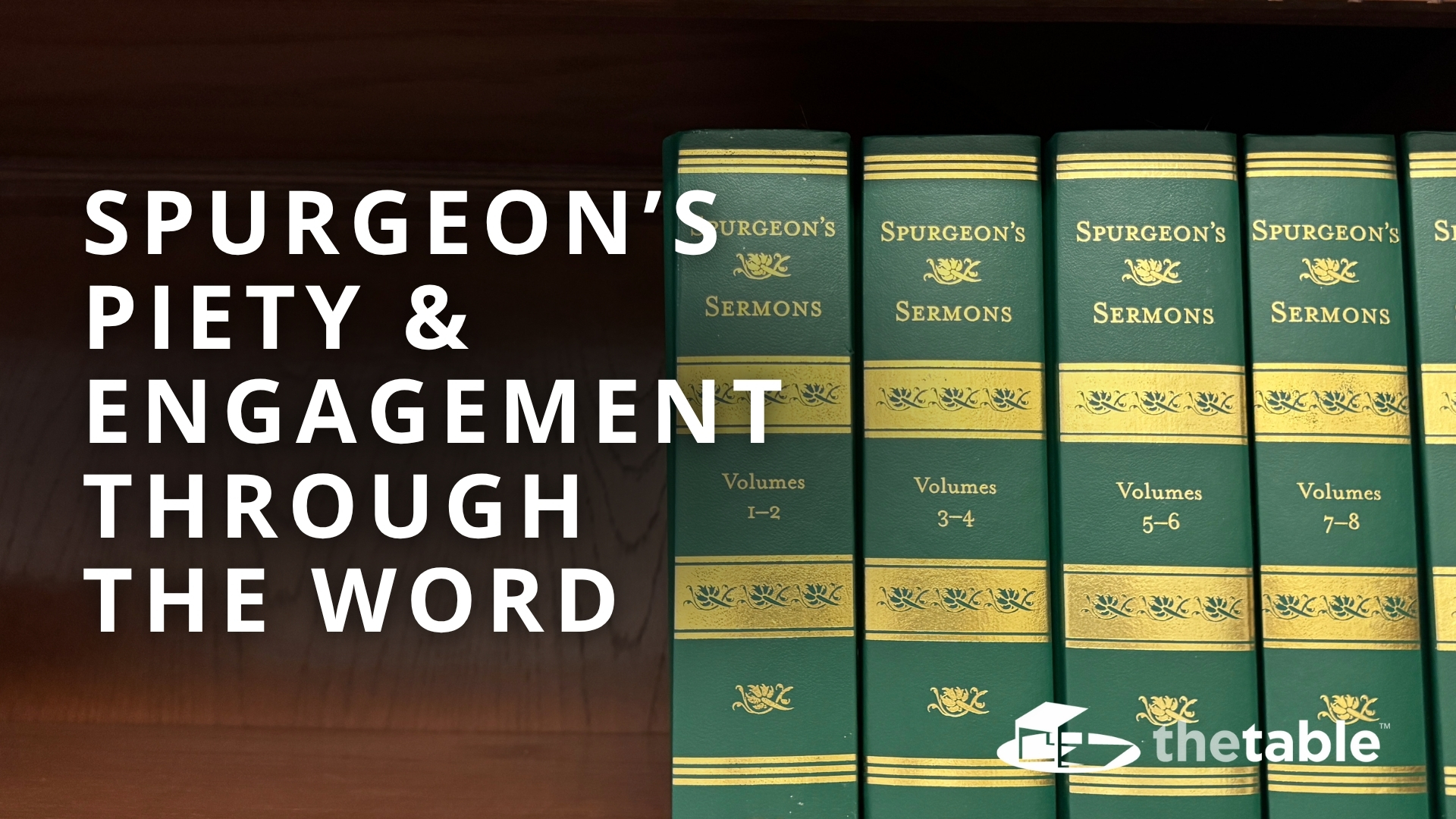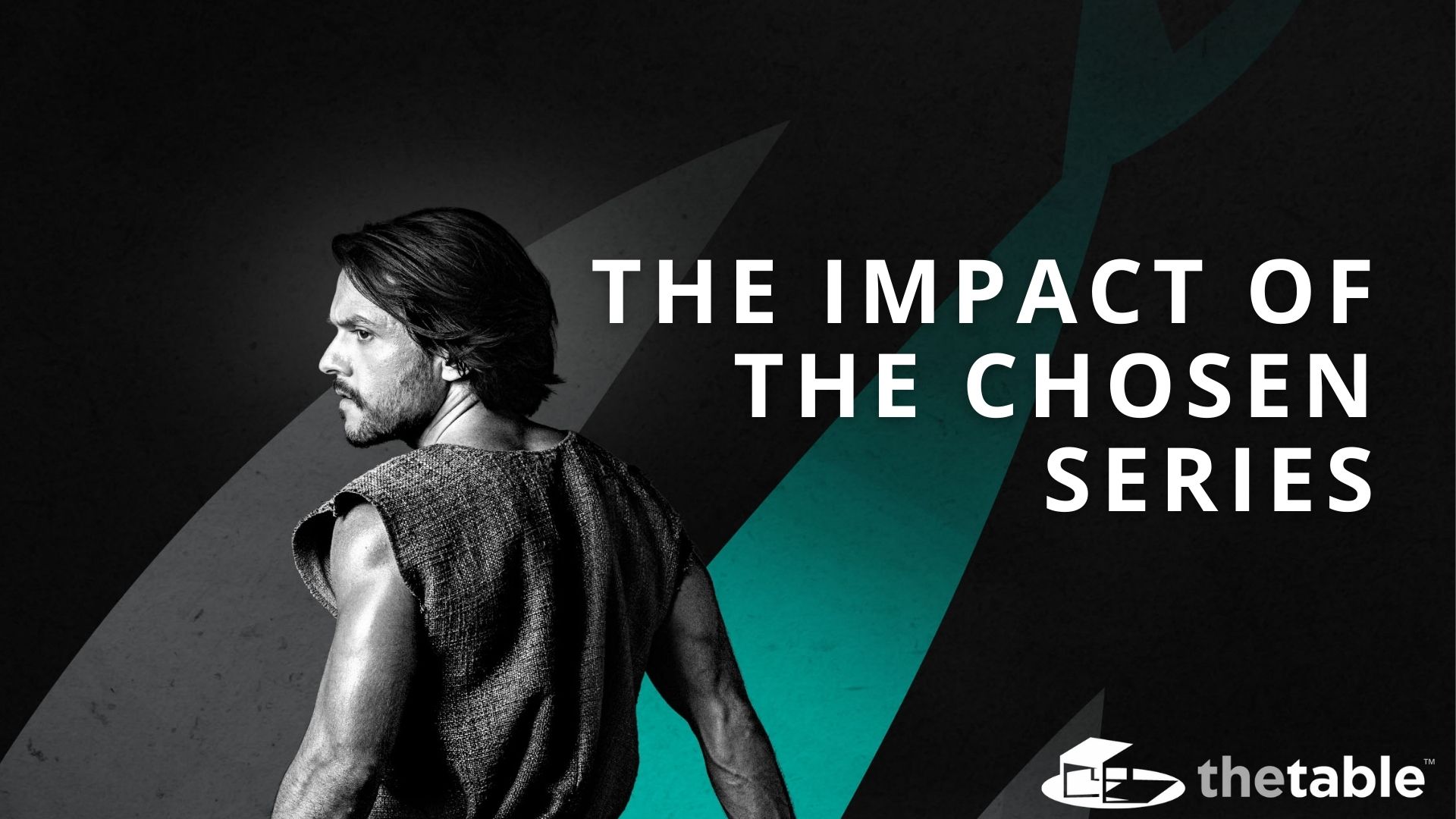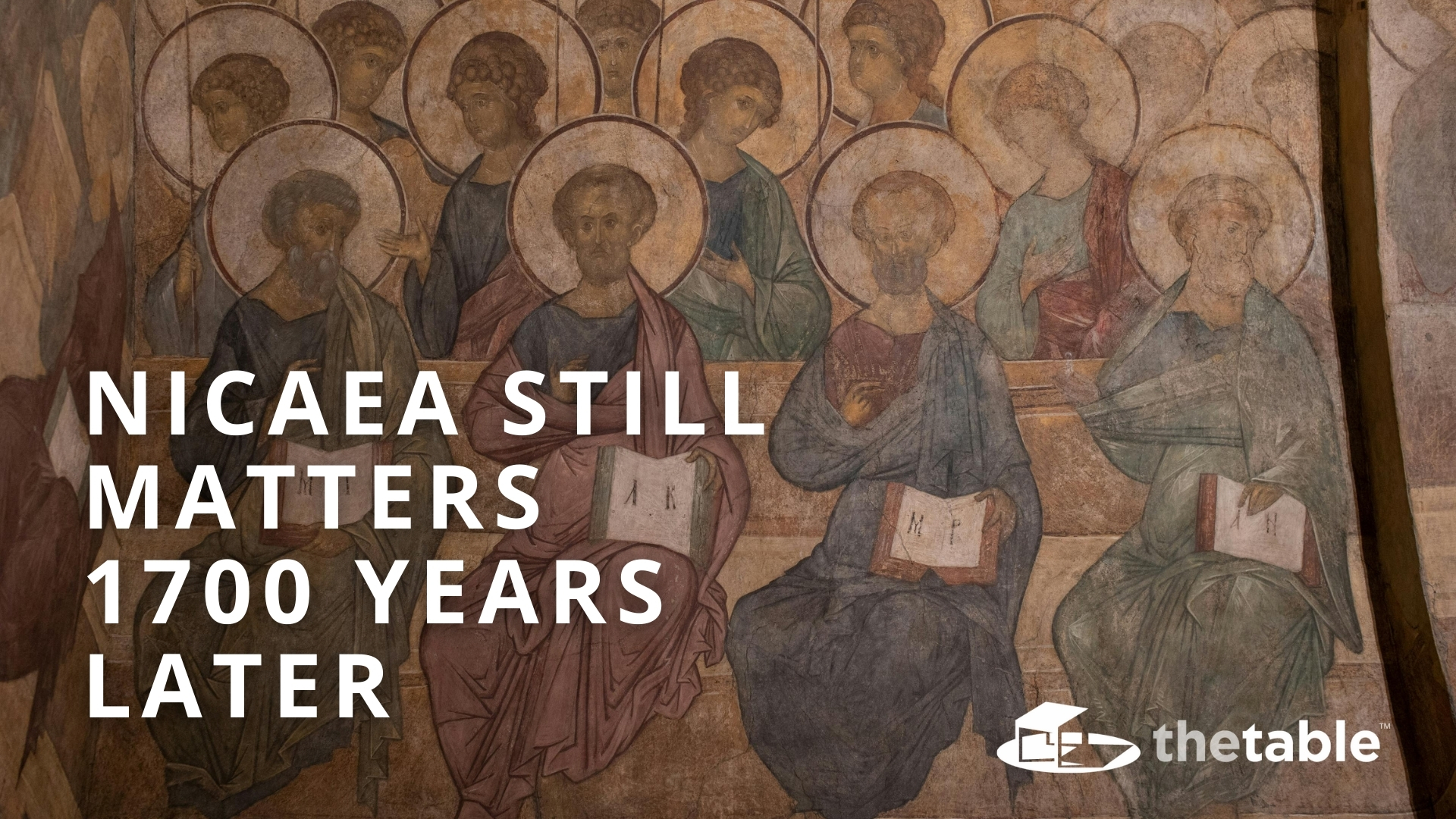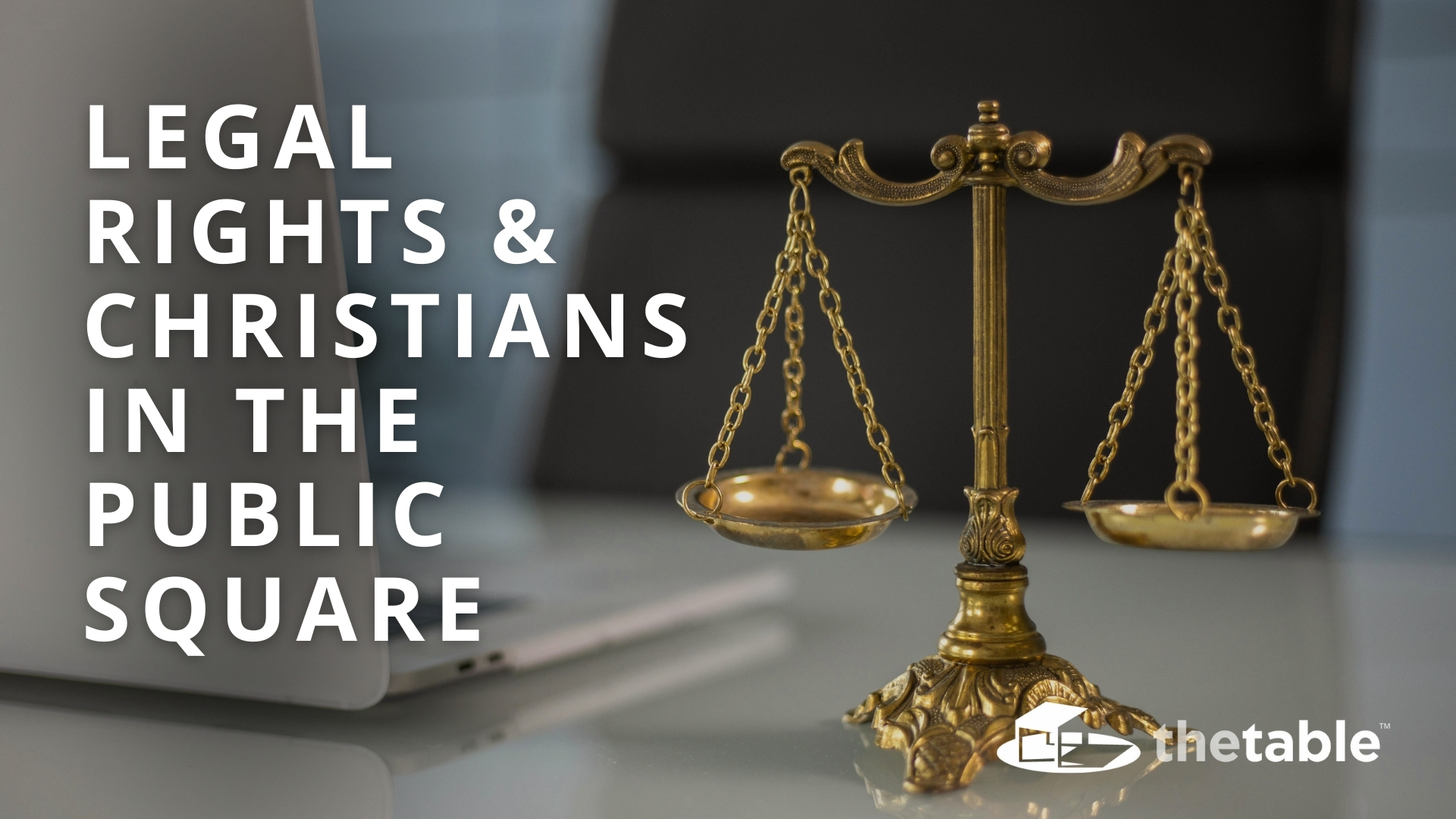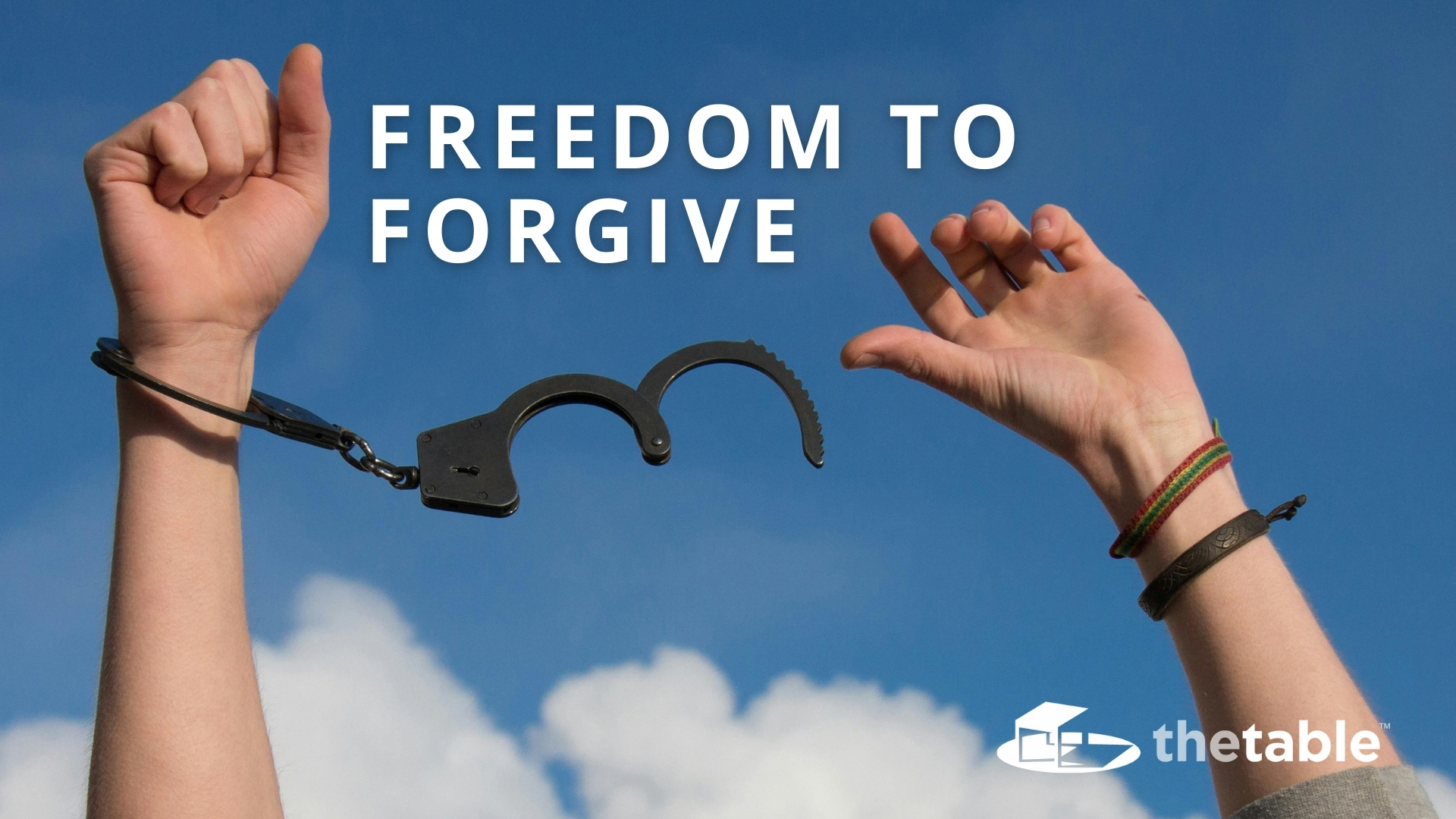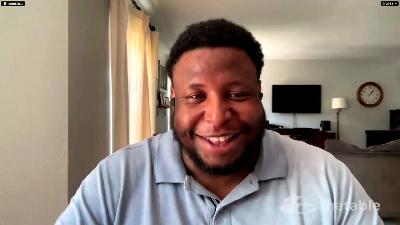Pastors, Policy, and Partnerships
Description
Darrell Bock:
Welcome to The Table where we discuss issues of God and culture, and we do this in order to talk about the relevance of theology to everyday life. I'm Darrell Bock, Executive Director for Cultural Engagement at the Hendricks Center here at Dallas Theological Seminary, and I have two wonderful guests today to discuss how various church ministries interact with both state and federal governments. To my right is Bryan English, who brings a diverse background to his role as Executive Director of the Church Ambassador Network of Texas. That sounds like a different ambassadorial call than what I'm used to hearing about, including pastoral ministry, nonprofit work, and campaign experience. You grew up in Iowa?
Bryan English:
I did.
Darrell Bock:
So a Midwest boy. Served on staff at the First Baptist Church in Spencer, I take it that's in Iowa as well. I have no clue where Spencer, Iowa is. He also worked for the Iowa Family Policy Center, now called the Family Leader, and served as a congressional staffer and led or worked on local, state, and federal campaigns. Bryan and his wife Amy live in Houston and are members of Cornerstone Community Bible Church in Richmond, and they're parents of three adult sons and a daughter-in-law. I grew up in Houston and I refer to myself as a Houstonian in exile living here in Dallas. So I'm feeling a kindred spirit. It's really great.
And then online we have Steven Eng, who is NAE Advocacy Director, helps advance the principles of the National Association of Evangelicals, that's what NAE stands for, document for the Health of the Nation, working with evangelical leaders and others to steward their God-given influence to bless our nation. Eng served for three decades as an ordained pastor in the Evangelical Covenant Church, and currently serves in a pastoral role at New Day Covenant Church in Rochester, Minnesota. He received a degree in political science from St. Olaf College and an MDiv degree from North Park Theological Seminary. Married to Judy. They have a young adult son, a married daughter, and one granddaughter.
All this experience in our midst. It's a real pleasure to have you all with us to talk about the way in which the church and state connect to one another from a church perspective. I'm going to begin with you, Steven, since you work mostly in relationship to the national government there in DC, even though you're in Minnesota. How did a nice guy like you get into a gig like this? How do you go from a church to being an advocacy director?
Steven Eng:
That's a great question, Darrell. My one-word answer is God, that He just opened a door for me that I wouldn't have imagined. I was in a season of transition after being in 30 years in local church ministry; loved that. But partly due to my wife not wanting to relocate, saw a post from the NAE. I'd been a casual observer of the Ministry of the National Association of Evangelicals, and in the course of a few days they had created a position for me. I had some background in political science in my undergraduate studies, and certainly followed current events and some policy things over the years. But they realized that they hadn't had anybody in anybody's memory really working around the country in the field connecting pastors, evangelical leaders to the policy work that the NAE was doing in Washington, DC. So it's sort of an ambassador of the NAE to evangelical leaders around the country.
It really marries my passion for the local church, understanding both the opportunities and limitations that pastors have in being engaged in advocacy, and just making that bridge so people understand the rationale, the passion, the biblical foundations of the work that we do in federal government spaces. So it's been a delight. I love meeting pastors, nonprofit directors, other leaders who really love Jesus and love the people that Jesus calls us to serve, and to help connect the dots with things that maybe people see in the news that they don't quite know how to react or where to find trusted information, so I love to be that liaison for them.
Darrell Bock:
That's great. How long have you been in the position?
Steven Eng:
About four years.
Darrell Bock:
About four years, okay. I know a little bit about the NAE and the history of this. Rick, is it Cizik, had a role in the NAE years ago related to the national government. Is your position like the one that he had? Or has it been recast since he was working with the NAE?
Steven Eng:
Rick would've been the predecessor to our current vice president of government relations, who's Galen Carey. He is the one who represents the NAE to Congress, the White House, and the Supreme Court. And then we have also a policy and advocacy manager who works with him on DC facing things. So I report to Galen, and I'm, like I said, the guy out in the field.
Darrell Bock:
Okay, I see. So you help that section of the NAE and you're particularly engaged with pastors in helping them. Is your job to keep pastors informed of what's going on and have them aware of what's going on?
Steven Eng:
Yeah, of the variety of issues we work on, I do a little more focus on advocating for those who are vulnerable around the margins. So sometimes at events, I've done over 100 events in the last several years at churches, networks of pastors, colleges, universities, other settings. Sometimes we talk a lot about what does the Bible have to say about the vulnerable, because sometimes we don't spend a lot of time on those passages, and what's a biblical case for advocacy, how that's part of our discipleship. And then oftentimes we talk about what's kind of the state of play of what's happening that people read about in the news related to national policy. And then what are some trusted resources, what are some tools, what are some simple ways that people can get involved in public policy advocacy. Because a lot of pastors don't do that or haven't had the experience, so how do we make that simple, doable, give them some hands-on experiences. Also take pastors sometimes on tours or interactive learning experiences.
I say a lot that we help pastors and leaders become more confident in issues that maybe people in their congregation buttonhole them on in the back of the church after the sermon, and to become more confident and competent in navigating some of those issues. And then again, how to take action themselves privately or help their congregations be more mobilized.
Darrell Bock:
Interesting. And Bryan, your assignment, I take it, is Austin primarily. Is that true?
Bryan English:
The state of Texas. I think we're the only state that has an every-other-year legislative session. We're in that season right now. So between now and Memorial Day, we are very Austin-centric. But the rest of the time we are scattered out around the state working with pastors and with governing officials.
Darrell Bock:
So again, the same question. How did a nice guy like you get in a gig like this? What's the background that pulled you in?
Bryan English:
I was not reall terribly aware or engaged when I was pastoring until I opened up the newspaper one morning and saw in Iowa there's a variety of forms of legalized gambling, and there was a group that wanted to put a casino in my hometown of 12,000 people. I just thought that that was something the church ought to oppose. And so through the process of that casino referendum, learned how to organize not just the church but a community to turn people out to vote, to communicate through various means, and just exercised a lot of the skills that suddenly put me on the radar of folks that were more politically inclined. That's how my resume includes things like a congressional staffer and campaign work. It was very similar to Steve. God just started opening doors.
My wife and I have always had the attitude that ministry is not just what people tend to think of as vocational ministry. If you're not in the pulpit, that doesn't mean that you're exempt from ministry. And as God was providing us these opportunities, we saw it as a great space to step into on behalf of the Kingdom.
Darrell Bock:
I take it then your ministry takes on a little different flavor depending on whether the Texas legislature is in session or not. Let me ask you this question this way. What's your typical day when you're in Austin and they're in session versus the day that you have when they're not in Austin and not in session?
Bryan English:
That's a great question. When they're in session, things are moving very quickly. Our goal is to inspire the church to engage government to advance the Kingdom of God. That's part of why we see ourselves as ambassadors. When the United States sends an ambassador overseas, it's not to adopt the culture of the country that you're in; it's to represent the country you're from. We very much see ourselves as representing the Kingdom in that arena.
And so during session, we bring pastors to the Capitol and we facilitate meetings with members. The three things we focus on are to minister to them as a person first. They're used to everybody coming in either with their hand out or their fist up, and we come in with our arms open and first saying, "We care about you. God loves you, you're important to Him, so you're important to us." And then we teach them through Scripture and just sort of repetition that they're a shepherd serving in an institution that God ordained. And so that's a mind shift for folks in government. They see themselves as bureaucrats or politicians. If they're looking at social med






